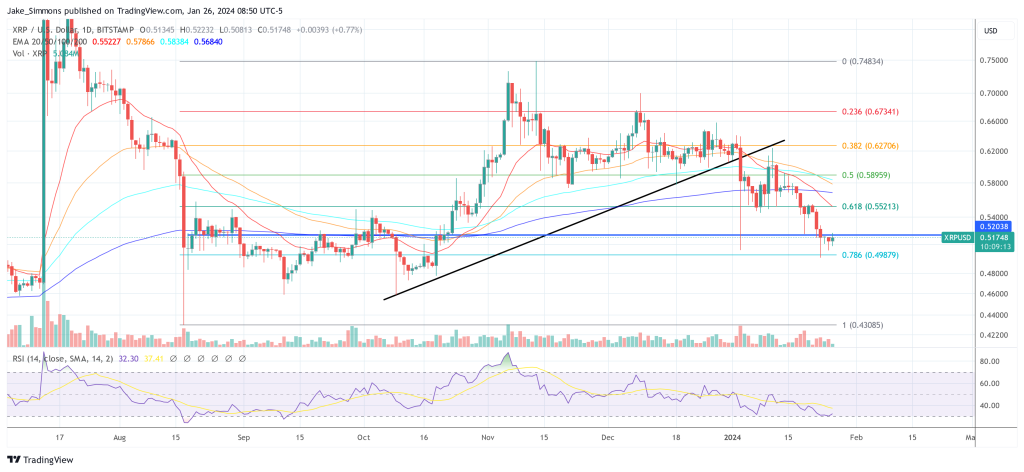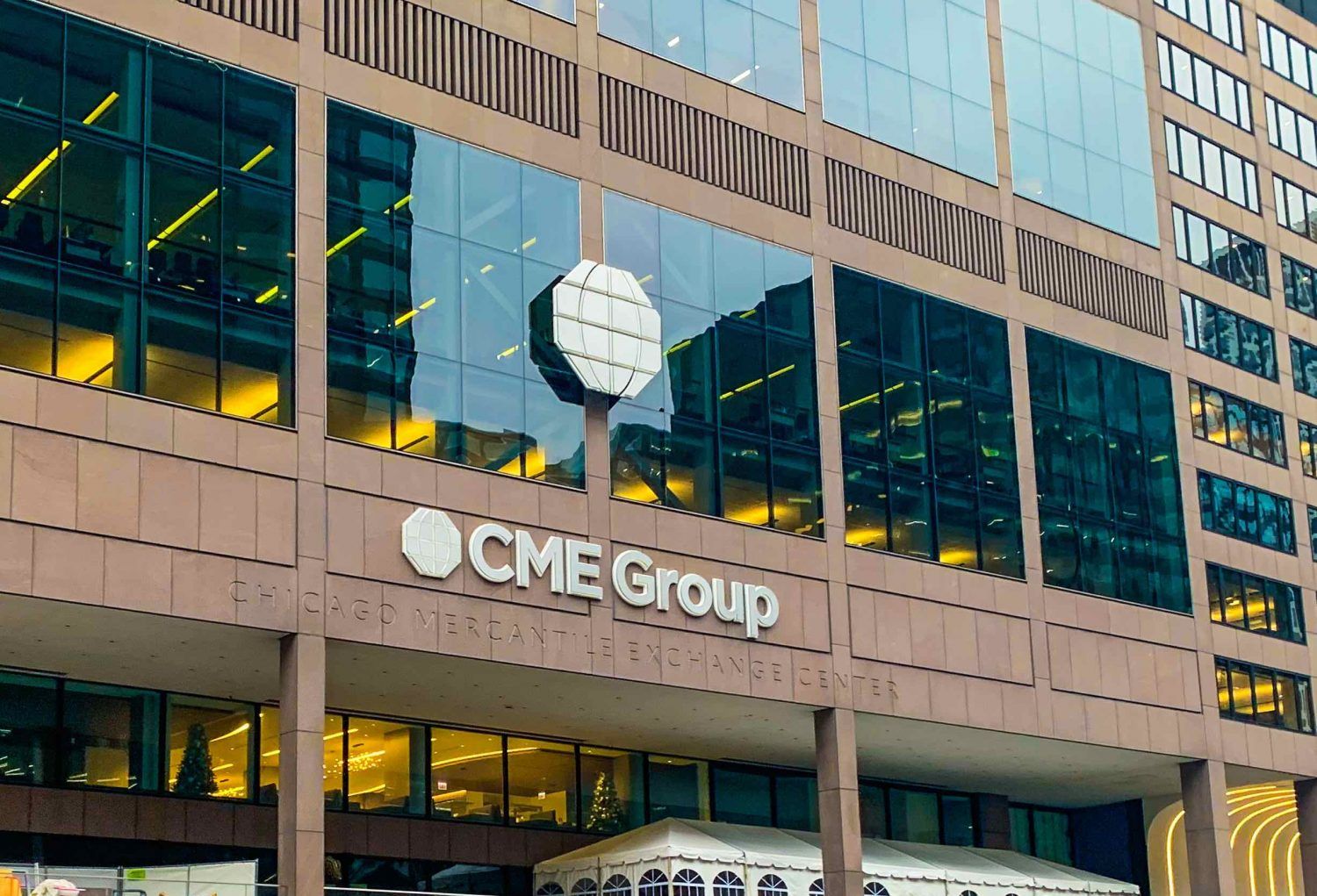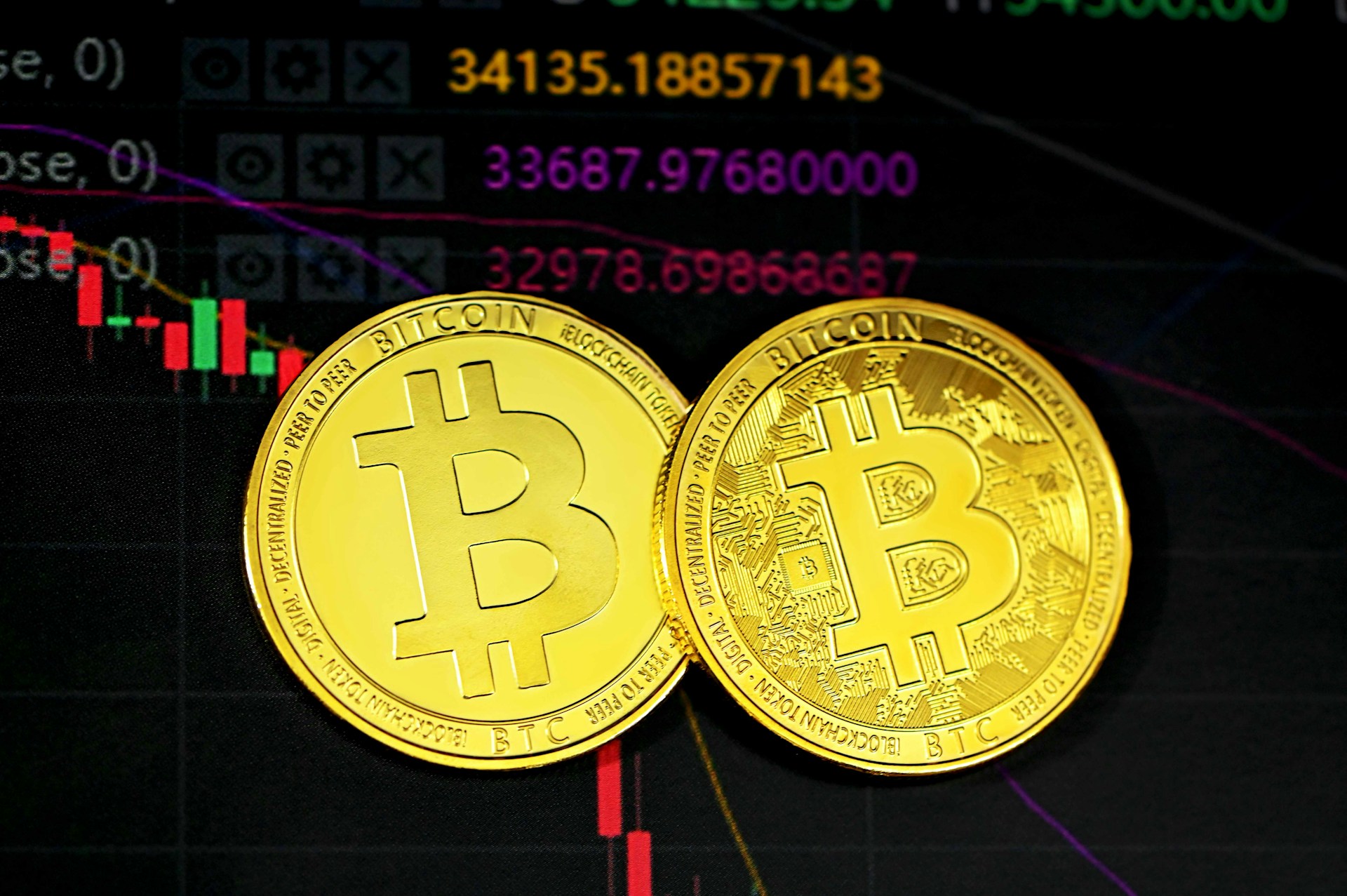ARTICLE AD
In a significant stride for the XRP Ledger (XRPL), the much-anticipated Clawback feature amendment has secured overwhelming support from the network’s validators. Surpassing the critical 80% voting threshold, the amendment, known as XLS-39, has garnered approval from 30 out of the 35 validators, setting the stage for its implementation, pending a two-week consensus maintenance.
The Clawback amendment reached the majority! #XRPLCommunity #XRPL https://t.co/ovUMBZFwcL pic.twitter.com/yXXDZjwtdu
— Bithomp (@bithomp) January 26, 2024
Notably, prominent validators including Ripple, Bithomp, XRPScan, and the crypto exchange Bitrue have lent their support to the amendment, which is scheduled to go live on February 8 at 14:32 (UTC). This development marks a pivotal moment, as the Clawback feature is deemed indispensable by banking institutions contemplating the ledger for transactions.
Edo Farina, CEO of Alpha Lions Academy, heralded the achievement, stating, “CLAWBACKS have reached their 80% voting threshold to be approved. Clawback is an essential tool for a successful CBDC’s implementation utilizing the XRPL.”
Similarly, Johnny Krypto, the co-host of the Good Morning Crypto Show, conveyed through X: “BIG NEWS. Clawback amendment reaches 80% voting threshold – officially approved on the XRPL! This paves the way for increased confidence, adoption, and potentially explosive growth for XRP as trust and stability solidify.”
The Intricacies Of The XRP Ledger’s Clawback Feature
The Clawback feature, a brainchild of RippleX (the developer arm of Ripple Labs) introduced last October, marks a significant leap in the empowerment of token issuers. It confers the ability to retract tokens post-distribution under certain conditions, thereby mitigating risks associated with fraud, inadvertent token distribution, or compliance with regulatory edicts.
This feature is optional, granting issuers the discretion to implement it based on their operational requisites and legal frameworks. Central to the Clawback feature is its interaction with Trustlines. It introduces a flag within Trustlines, signaling to users whether the token issuer reserves the right to enact the Clawback feature.
While Clawback and the pre-existing Freeze feature share the common goal of safeguarding token issuers and users against fraudulent activities, they operate through fundamentally different mechanisms.
The Freeze feature essentially restricts the user’s access to their tokens, acting as a temporary lock in response to suspicious activities. In contrast, Clawback is more invasive, allowing the issuer to completely withdraw the tokens from the user’s balance, thus nullifying the user’s ownership of the affected tokens.
Broader Implications For CBDCs And Stablecoins
The introduction of the Clawback feature is not merely a technical update; it represents a strategic enhancement that significantly bolsters the blockchains’s appeal as a platform for CBDCs and stablecoins. Banks and financial institutions contemplating the issuance of CBDCs on a public ledger can now do so with enhanced assurance, courtesy of the control and security provisions afforded by the Clawback feature.
The XRPL, already hosting several CBDC projects on private ledgers such as those of Palau and Bhutan, is now positioned to extend these ventures onto its public ledger. This transition, facilitated by the Clawback feature, could herald a new era where the ledger becomes a pivotal infrastructure for the burgeoning global CBDC landscape.
Furthermore, the presence of the Clawback feature enhances the blockchain’s attractiveness to stablecoin issuers. Firms like Circle, behind mainstream stablecoins such as USDC, might find the enhanced security and issuer control offered by the Clawback feature conducive to issuing their stablecoins on the XRPL.
At press time, XRP traded at $0.51748.
 XRP price is stock below key resistance, 1-day chart | Source: XRPUSD on TradingView.com
XRP price is stock below key resistance, 1-day chart | Source: XRPUSD on TradingView.com
Featured image from VistaCreate, chart from TradingView.com

 11 months ago
73
11 months ago
73 

